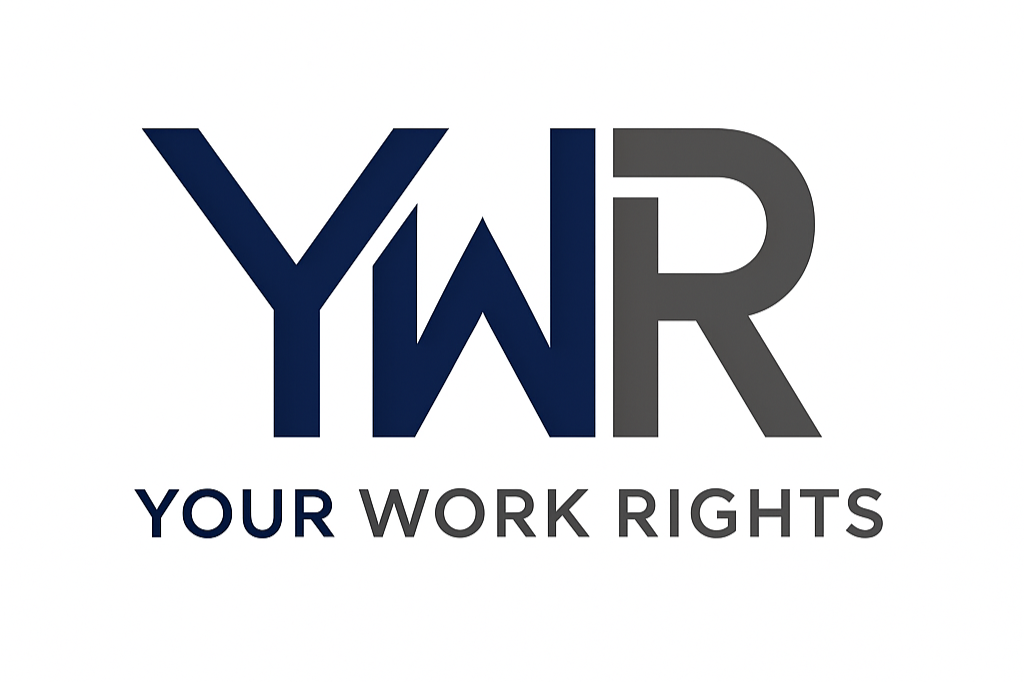Whistleblowing & Public Interest Disclosure Toolkit: A Strategic Guide
What is Whistleblowing?
Whistleblowing is when you report a concern about wrongdoing, risk, or malpractice that you believe is in the public interest. It's not a personal grievance; it's about raising an alarm that affects others. In the UK, this is legally protected by the Public Interest Disclosure Act 1998 (PIDA), meaning you cannot be lawfully dismissed or penalised for making a "protected disclosure."
Protected disclosures typically involve information you reasonably believe shows one of the following has occurred, is occurring, or is likely to occur:
Criminal offences (e.g., fraud, financial malpractice).
Breaches of any legal obligation (e.g., your employer is breaking its own contract with a client or breaching statutory duties).
Miscarriages of justice.
Danger to someone's health and safety.
Damage to the environment.
A deliberate cover-up of any of the above.
Whistleblowing vs. Grievance: Choosing the Right Path
It's crucial to distinguish between a personal complaint and a public interest issue.
Strategic Tip: Sometimes, an issue can be both. For example, if widespread bullying is creating an unsafe environment for many employees, it can be framed as a protected disclosure about health and safety, rather than just a personal grievance about your own treatment.
Key Principles for a Protected Disclosure
To qualify for legal protection under PIDA, your disclosure must meet three key tests:
Public Interest: You must reasonably believe your disclosure is in the public interest. This means it affects more than just you. A 2013 change to the law removed the "good faith" requirement, but the public interest test remains.
Reasonable Belief: You don't need to be right, but you must have a reasonable belief that the information you are disclosing is substantially true.
Correct Recipient: You must make the disclosure to the right person. This is usually:
Your employer.
A legal adviser.
A designated "prescribed person" (a regulator).
Who Are "Prescribed Persons"?
These are official regulators and bodies approved by the UK Government to receive whistleblowing disclosures for specific sectors. Disclosing to them provides automatic protection under PIDA.
Full List: The official government list of prescribed people and bodies.
Key Examples for Public/Higher Education Sectors:
Information Commissioner’s Office (ICO): For data protection breaches and GDPR non-compliance.
Equality and Human Rights Commission (EHRC): For breaches of equality law and the Public Sector Equality Duty.
Health and Safety Executive (HSE): For workplace safety and welfare concerns.
Parliamentary and Health Service Ombudsman (PHSO): For maladministration in public services (must be via an MP referral).
⚠️ Important Note on the Office for Students (OfS):
The Office for Students (OfS) is not a prescribed person under PIDA. While you can and should report systemic university failures to them for regulatory action, disclosures made only to the OfS do not automatically grant you the legal protections of the whistleblowing act. To ensure PIDA protection, you must also disclose to a relevant prescribed person.
How to Make a Whistleblowing Disclosure (A Step-by-Step Guide)
Document the Issue: Keep a detailed, dated log of all facts, incidents, and evidence. Store this on a personal device, not your employer's systems.
Choose Your Route: Decide whether to report internally first or go directly to a prescribed person. If you believe evidence will be destroyed or you will be victimised, a direct external disclosure is often safer.
Frame Your Communication: This is critical. State clearly and upfront that you are making a disclosure under the Public Interest Disclosure Act 1998. This puts the recipient on formal notice.
Example Subject Line: "Confidential and Without Prejudice: Protected Disclosure under PIDA 1998"
Submit in Writing: A written disclosure creates an undeniable paper trail. Clearly outline the wrongdoing you believe has occurred, referencing specific facts and evidence where possible.
Request Confirmation: Always ask for a reference number or a written acknowledgment of your disclosure.
Understanding the Risks & Protections
You are legally protected from detriment (e.g., demotion, harassment, dismissal) because you made a protected disclosure. This protection applies from the moment you make the disclosure.
If you are dismissed for whistleblowing, it is classed as an automatic unfair dismissal, meaning you do not need two years of service to bring a claim.
However, PIDA does not protect you from a poor investigation by the regulator. Choose the correct recipient and be prepared to follow up.
Final Strategic Tip
Whistleblowing is not an act of disloyalty—it is a lawful and often necessary tool to uphold public accountability and safety. When internal systems fail, external oversight is frequently the only effective way to bring about change.
| Grievance | Whistleblowing Disclosure |
|---|---|
| Focus: Personal disadvantage. | Focus: Public interest (affects others). |
| Issue: "My contract has been breached." | Issue: "Our employer is breaching its legal obligations to the public." |
| Protection: General employment law (risk of unfair dismissal or victimisation). | Protection: Specific, enhanced protection under PIDA. |
